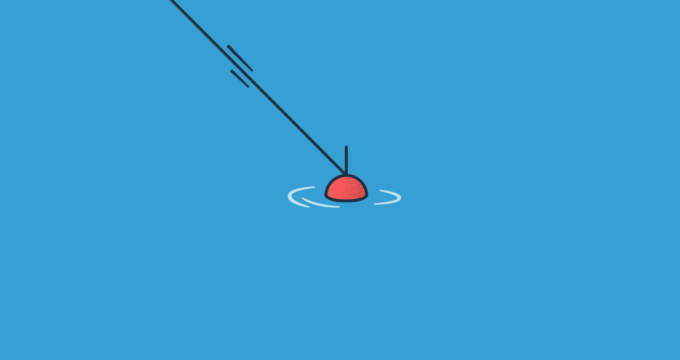The Chess Timer Method: a dual timer to beat procrastination
Productivity
Being unmotivated and procrastinating leaves us frustrated because we didn’t get much done and we didn’t enjoy or use our free time very well.
Tim Urban, the author of the famous blog Wait but Why, mentioned a simple but genius method he’s using: The Chess Timer Method. It’s a simple tweak of the famous pomodoro technique, using a dual-timer system, making the cost of procrastination visible.
What is the Chess Timer Method
The Chess Timer Method is a productivity technique that uses a dual-timer approach to balance work and leisure. Instead of setting a single work timer, you use a chess clock with two timers: one for focused work and another for free time.
The Chess Timer Method is a productivity technique that uses a dual-timer or chess timer to help you beat procrastination. One side of the timer is for focused work and the other one for your free time.
The genius of this system is that it makes procrastination an active decision with visible consequences. Seeing your free time crumble before your eyes, surely instills a sense of urgency and accountability.
Here’s how it works.
How does the Chess Timer Method work
1. Set the Timers
Set a total work time goal. We suggest 4 hours because most people can’t concentrate and do deep work for more than 4 hours a day.
Allocate the remaining free time of your day to the other timer.
2. Toggle between the two timers
As soon as you start working, start your work timer.
As soon as you get distracted or procrastinate, you pause the work timer and start the leisure timer, meaning that, just like in chess, it’s the other’s side turn.
3. Time’s up
The goal is to finish the work timer first. If you’ve managed to do that, congratulations. You’re now able to enjoy the remaining time on your free timer as you please.
If your free timer runs out before your work timer, you lose.
How to use the Chess Timer Method with Noisli
On Noisli, simply set your Timer to 4 hours. Whenever you procrastinate, hit pause.
Your goal for the day is to finish the 4 hours as soon as possible so you can go and enjoy your free time.
The benefits of the Chess Timer Method
This method has three main benefits:
It creates a sense of urgency
Procrastination isn’t just wasted time; it directly reduces your available free time.
It increases accountability
You visually see time slipping away, making it easier to stay disciplined.
It’s prevents burnout
We have a limited number of hours we’re able to focus in a day. Setting a limit for your focused time helps you to prevent burnout and enjoy greater work-life balance.



